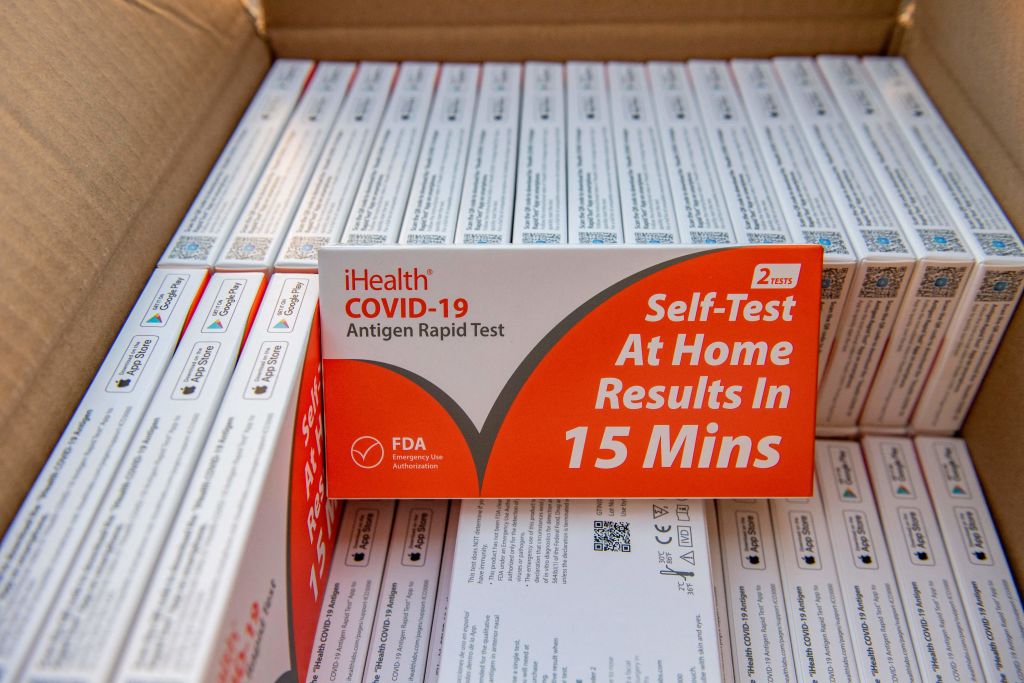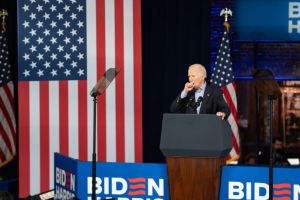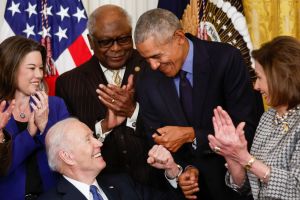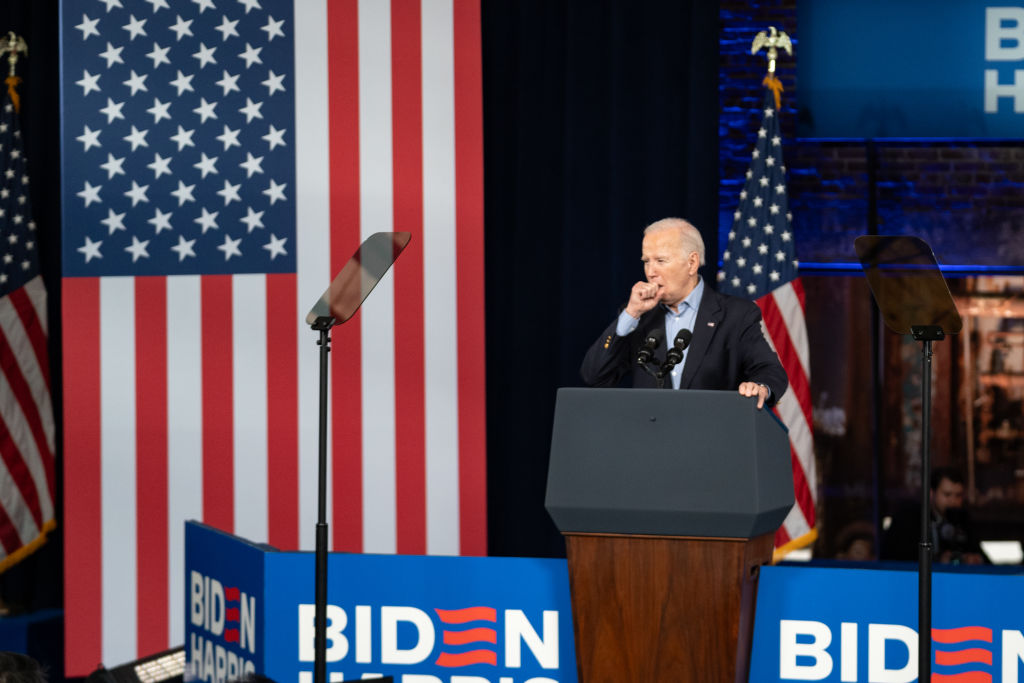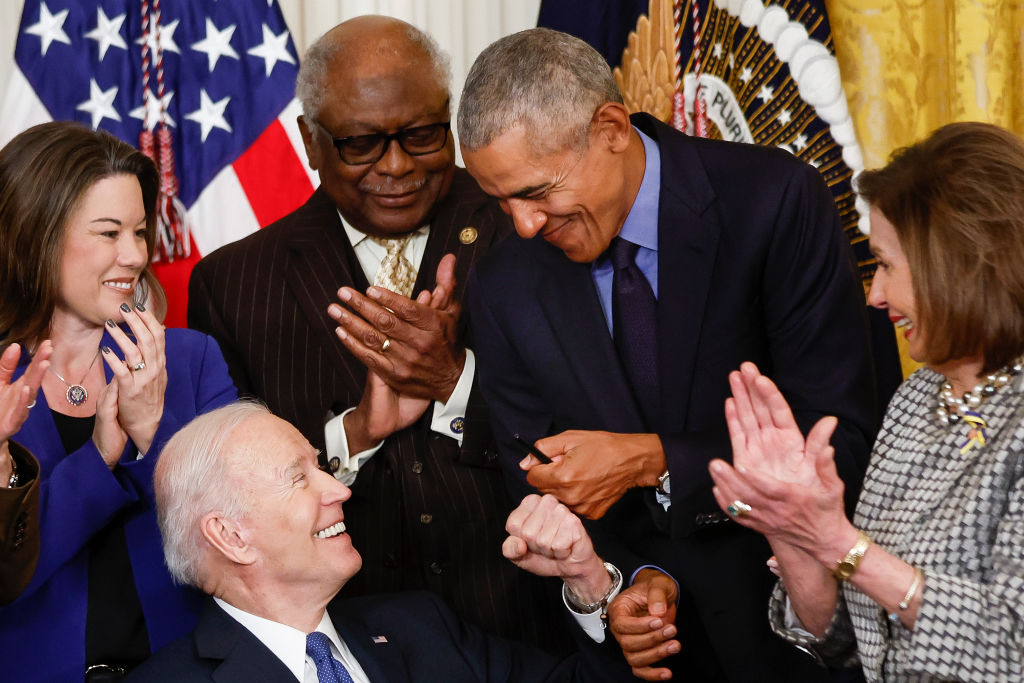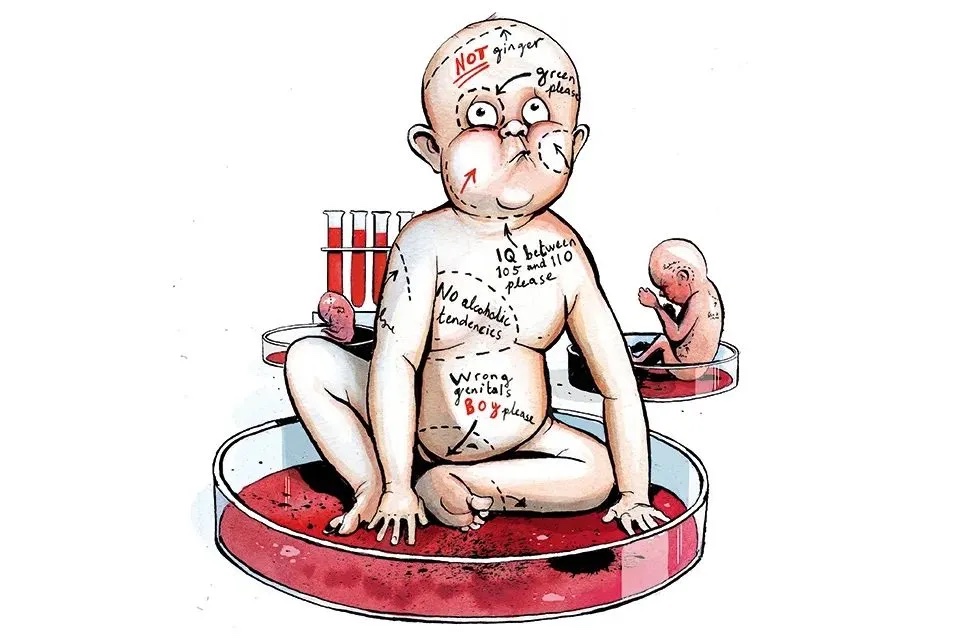What happens when a government thinks it can distribute a consumer product more efficiently than normal retail channels? Boondoggle and failure come to mind.
Two months ago, President Biden announced plans to buy 500 million at-home Covid test kits and mail them to anyone who wanted one. The Department of Defense put in orders for $1.275 billion of tests from iHealth, $340 million from Roche and $306 million from Abbott.
How many tests those eye-popping figures bought from each company has never been disclosed, but Abbott, the largest test manufacturer, has a reported production capacity of 50 to 70 million tests. It is safe to assume that the quantities involved commanded an enormous portion of total manufacturing capacity.
We’re not sure why Biden thought he could distribute a consumer product more efficiently than retail chains, but his purchase had the predictable consequence of diverting nearly all supply from the retail shelves to a new government program, run with the typical efficiency of the US Postal Service.
One of us personally ordered test kits on January 13 and have yet to receive them. The tracking page on USPS.com helpfully informs us: “Due to high demand, we’re fulfilling orders as tests come in… Thank you for your patience.”
Contracts with three firms from whom the government bought the kits specify they don’t have to be delivered until March 14 — and they may largely miss even that woefully late date. It turns out that when you put PR first, scarcity is induced, bureaucratic gears grind slowly and willing-buyer-meets-willing-seller is replaced by the luck of the draw.
As the tests finally do arrive, many Americans will ask the obvious question: how much are the kits worth at a time when Covid cases are plunging? Even if you feel sick — not nearly as likely now — at low prevalence the tests lose their diagnostic value.
The iHealth test, which has started to show up in some mailboxes, has a false positive rate in its validation testing of just under 2 percent — it correctly identified 102 of 104 negative samples. In DC, PCR tests are running at about 2 percent positive now, which means a positive on the free Biden home test is as likely to be a false positive as a real positive. New York, at 3 percent PCR positive, isn’t far behind DC, and the rest of the country is headed in the same direction as Omicron fades. The Biden tests are arriving so late as to be almost literally useless.
How much did this debacle cost taxpayers?
Biden’s own Justice Department admits: “Taxpayers have a right to know — with very few exceptions — what the government has agreed to buy and at what prices.” The White House originally said it would cost $4 billion. Despite transparency laws, we can’t get a full accounting. But it may already be running well over that budget.
As Kaiser Health News reports, the three companies supplying the tests won’t share any information on their contracts. The Army’s Contracting Command referred questions to a number where the voicemail has not functioned for months.
Email sent to an address on the ACC’s website bounced back — it hadn’t been in use for eight years. Six phone numbers listed on the command’s website for public information were unmanned in late January.
When officials were finally reached, they referred all questions to other agencies. They incorrectly claimed that public release of the Requests for Proposal by the companies was not required, and the releases of other information would have to wait for the “tempo of operations” to catch up.
It’s all going about how you would expect the simple matter of distributing a product to go if it were turned over to the Department of Defense and the US Postal Service. There’s a lesson here the next time government wants to take something out of the private sector to distribute it for “free”: don’t.
John Fund is an editor with the Committee to Unleash Prosperity’s Hotline newsletter. Phil Kerpen is president of the Committee.



